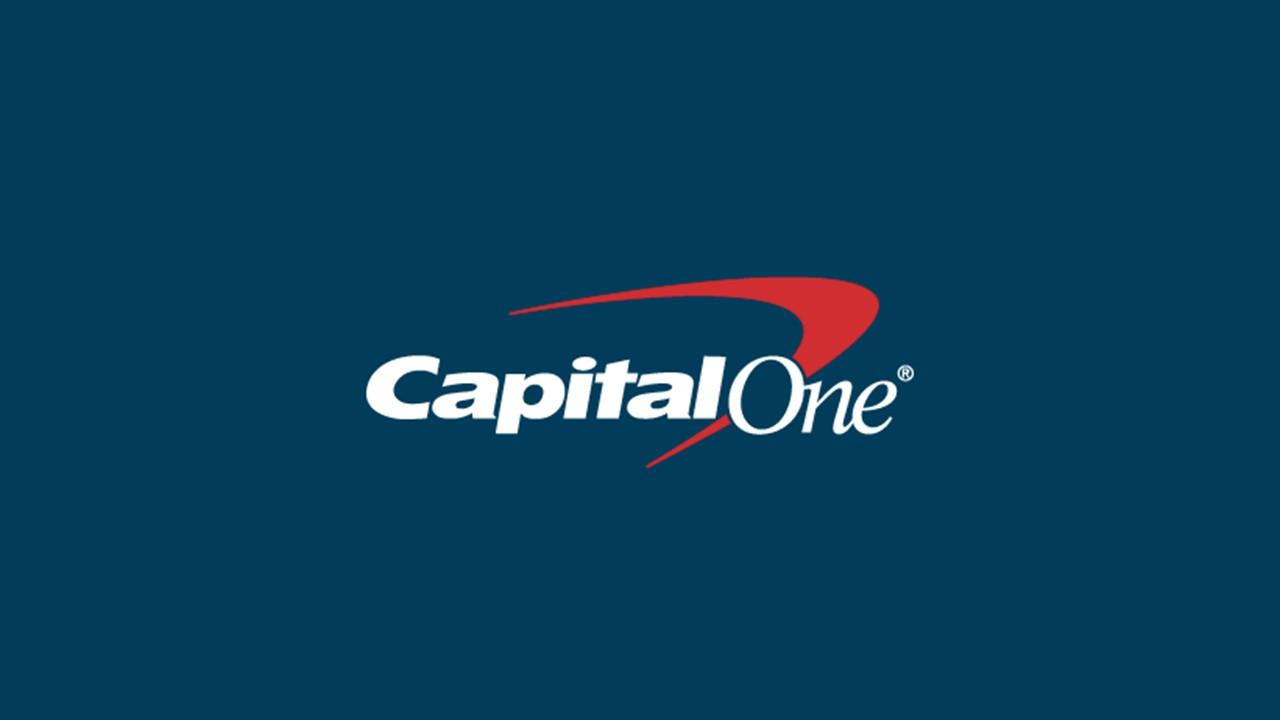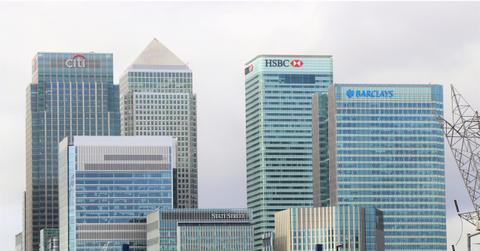These Top Four Banks Won’t Ever Charge Customers an Overdraft Fee
Banks with no overdraft fees are proving their dedication in a key way. Here are the top four banks with no overdraft fees for customers.
Nov. 3 2022, Published 1:03 p.m. ET
In the U.S., overdraft fees and non-sufficient fund (NSF) fees are a big driver of revenue for banks. In fact, overdraft and NSF fees raked in $15.47 billion for banks in 2019, according to the Consumer Financial Protection Bureau. You may know this already, seeing as overdraft fees are a pain in many Americans’ portfolios.
Just because overdraft fees are normalized doesn’t mean all bank accounts have them. Here are banks with no overdraft fees, so you can protect your assets even when the unexpected happens.
Ally Bank is "banking with no overdraft fees, ever."

During the early days of the COVID-19 pandemic, Ally Bank instituted a moratorium on overdraft fees. By mid-2021, it had made the change permanent. Ally writes, “We’ll never add fees to offset this change. No requirement. No restrictions. No, really.”
Ally Bank has a few tactics to protect against overspending:
Overdraft Transfer Service: Ally writes, “Link your Ally Bank Online Savings or Money Market Account to your Interest Checking Account, and we’ll move money over in one transfer, rounded up to the nearest $100, should you accidentally overdraft.”
CoverDraft Service: According to Ally, this is your “fee-free safety net. If you accidentally overspend, CoverDraft provides up to $250 in temporary relief for common transactions.”
Capital One stopped charging overdraft fees.
As of December 2021, Capital One customers can enroll in the “No-Fee Overdraft” feature. It’s free and authorizes the bank to approve transactions for checks and other transactions made using your checking account number, automatic bill payments, recurring debit card transactions, and more.
Whether or not the bank actually approves the transaction is up to their discretion, but Capital One says, “No fees will be charged if we choose to pay a transaction into overdraft.”
You can also set up an “Auto Decline” overdraft service if you prefer to have the bank just decline transactions over the amount of money you have.

Citibank is now a no-overdraft-fee bank.
In June 2022, Citibank instituted a no overdraft fees rule for all accounts. This includes “consumer overdraft fees, returned item fees, and overdraft protection transfer fees,” according to the bank.
All personal banking customers get to enjoy this benefit, but it doesn’t include small business or institutional banking customers.
To avoid overdrafts and declined transactions, consider signing up for low balance alerts and Citibank’s overdraft protection services (including Safety Check, which links a savings account to cover overdrafts, or Checking Plus, a line of credit that keeps you covered).
Truist rounds out the list of the top banks with no overdraft fees.
Truist offers two personal checking account options with no overdraft fees attached. Truist explains the two accounts:
“Truist One Checking provides a simpler checking experience with no overdraft fees, easy ways to waive maintenance fees, and, for eligible clients, a buffer for accidental overspending. The Truist Confidence Account, the new alternative checkless account, provides consumers with access to mainstream banking services with no overdraft fees.”
These days, living with overdraft fees isn’t a necessity. Consider your options when selecting a bank.

